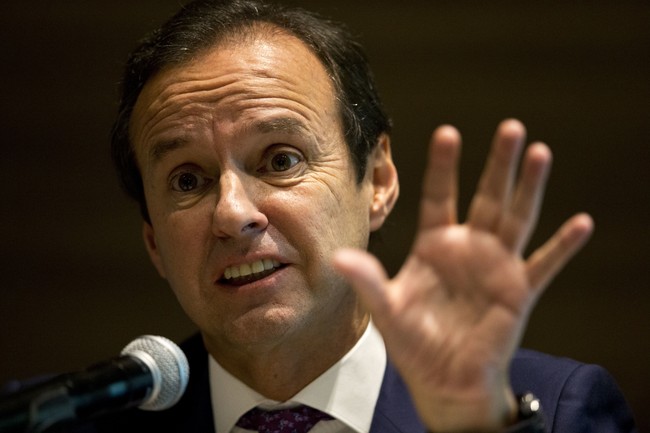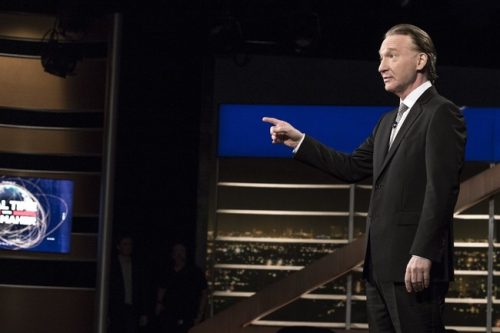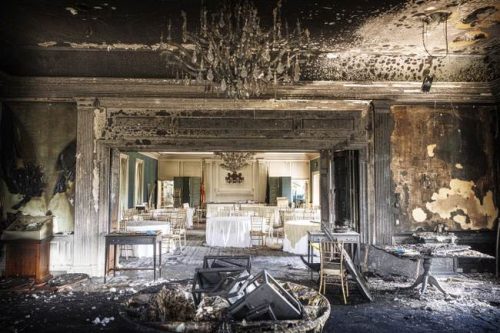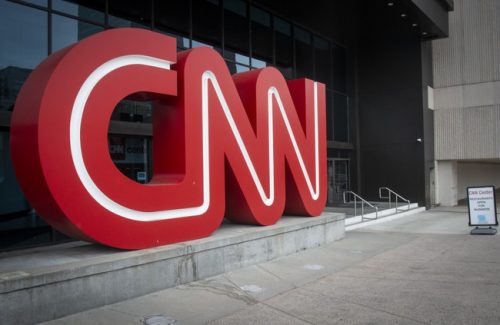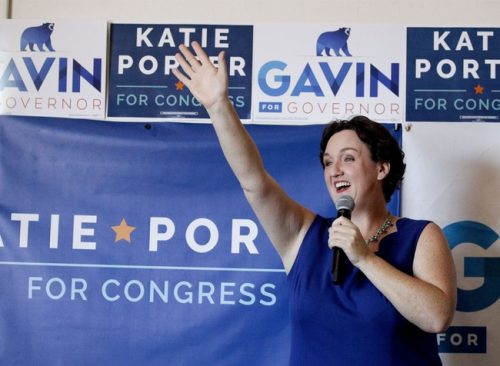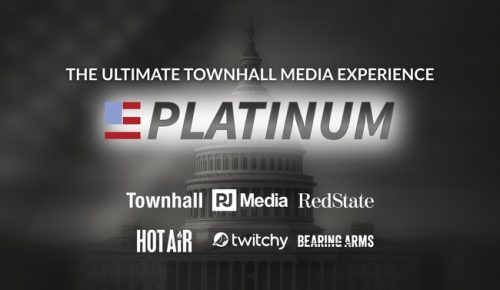Bolivian ‘Right-Wing’ Candidate Mocks Trump, Considers Amnesty for Socialist Criminal
Jorge Quiroga, a Bolivian presidential hopeful who tops recent polls, is weighing a controversial amnesty deal that would protect former president Evo Morales in exchange for votes and political backing. Morales faces accusations including sedition, statutory rape, and human trafficking, and he remains a long-standing ally of Venezuela’s Nicolás Maduro. The proposal has set off alarm bells across the region and among international observers wary of trading justice for power.
Quiroga has not been shy about criticizing international figures either, and during President Trump’s first term he offered a biting, memorable take on U.S. policy toward Latin America. In comments from early 2017, he reduced that policy to a play on the president’s name and outlined a series of regional risks he associated with it. That formulation has followed him into the current campaign conversation.
Quiroga said, in remarks roughly translated from Spanish, when asked about President Trump’s policies, “Mr. Trump is a danger to our region because the foundation of his proposal lies in his name: T-R-U-M-P.”
T – Forced Transfer of 11 million Latin Americans. Not just Mexicans: Latin Americans. Mexicans, Guatemalans, Hondurans, Bolivians, Salvadorans. The ‘T’ is for that forced relocation.
R – Remittances from Latin Americans that he wants to seize in the United States — to do what?
M – The Wall. He wants to build a wall as if we had diseases and needed to be quarantined. And on top of that, he wants the affected people to pay for it. The Soviets paid for their own wall. His proposal is deranged.
P – Protectionism. He wants to impose taxes, to tax Latin American exports or to modify NAFTA. That would affect all of us. No one will distinguish between imports from Mexico or Latin America. If NAFTA collapses, the Central America agreement collapses. The one with Mexico affects Peru, Chile, Colombia. It affects Latin America as a whole.
And here’s a better definition of the ‘P’: Pendejo.
Quiroga himself was offered amnesty in 2018 by Morales over accusations tied to energy contracts and alleged bypassing of parliamentary approval, an offer he rejected while insisting on his innocence. Now the tables have turned and Quiroga is reportedly considering returning an amnesty offer to a political rival who led a socialist movement across Bolivia. For many voters and regional partners the optics are stark: a self-styled right-wing leader negotiating away accountability with a socialist figure accused of grave crimes.
Morales helped extend the Bolivarian socialist project begun under Hugo Chávez and played a role in founding the Bolivarian Alliance for the Americas (ALBA) with Venezuela and Cuba in 2006. That bloc focused on political and economic coordination along anti-imperialist lines and has deepened ties between Bolivia and Caracas. The relationship with Maduro has been particularly visible during moments of crisis.
When Morales stepped down amid election protests in 2019, Nicolás Maduro publicly condemned the events as a “coup” and offered solidarity, joining other left-wing leaders who backed Morales’s claims. Later, as Maduro’s own government faced sanctions and accusations of authoritarianism, Morales continued to defend Caracas on the international stage. Those mutual defenses have kept both leaders politically aligned even as both faced domestic and international scrutiny.
Critics warn that a votes-for-amnesty deal would undercut the independence of Bolivia’s justice system and hamper diplomatic and institutional cooperation. “If a votes-for-amnesty bargain is confirmed, it will be read as political interference in the justice system and will complicate institutional cooperation with Bolivia.”
For conservative movements across Latin America, such a pact would be especially damaging: it would hand opponents a clear line of attack about hypocrisy and hollow commitments to law and order. The maneuver also risks complicating U.S. efforts to encourage governance reforms, particularly at a moment when conservative figures in the region are gaining momentum and leaders like Javier Milei are increasing diplomatic visibility.

